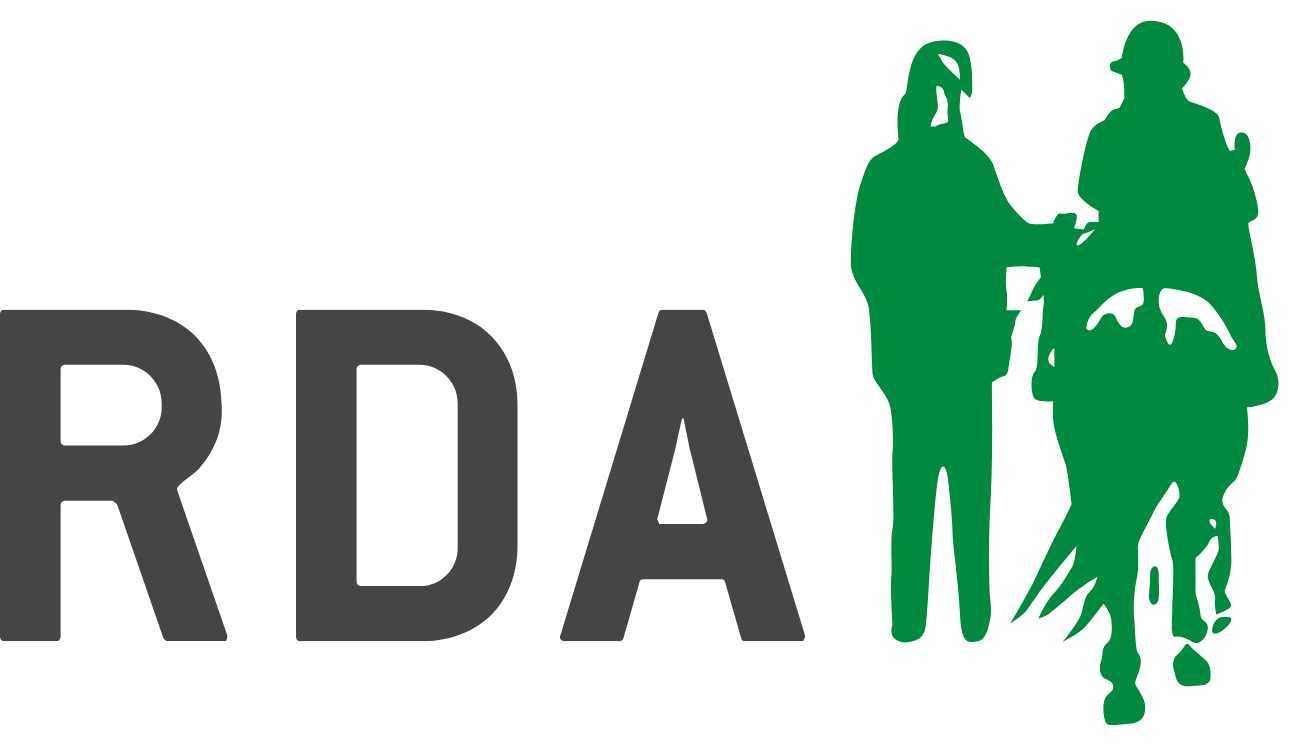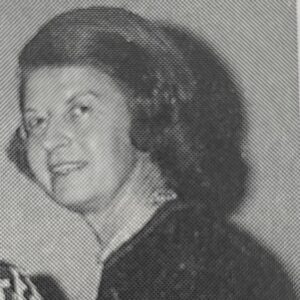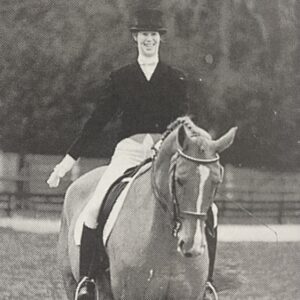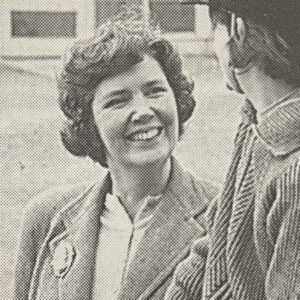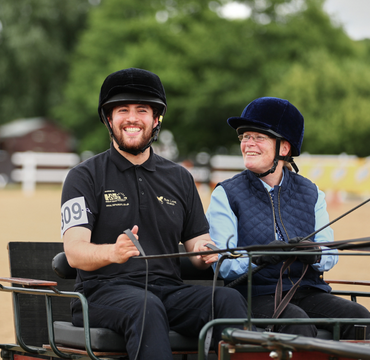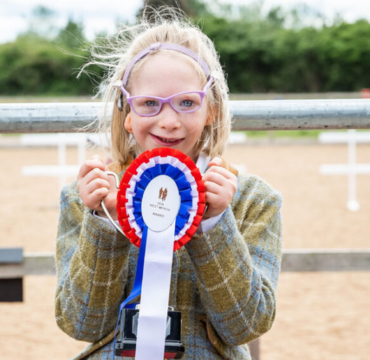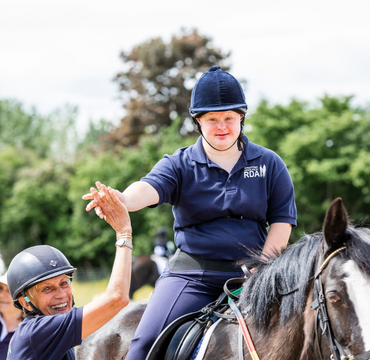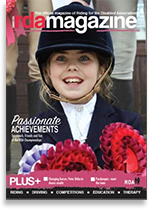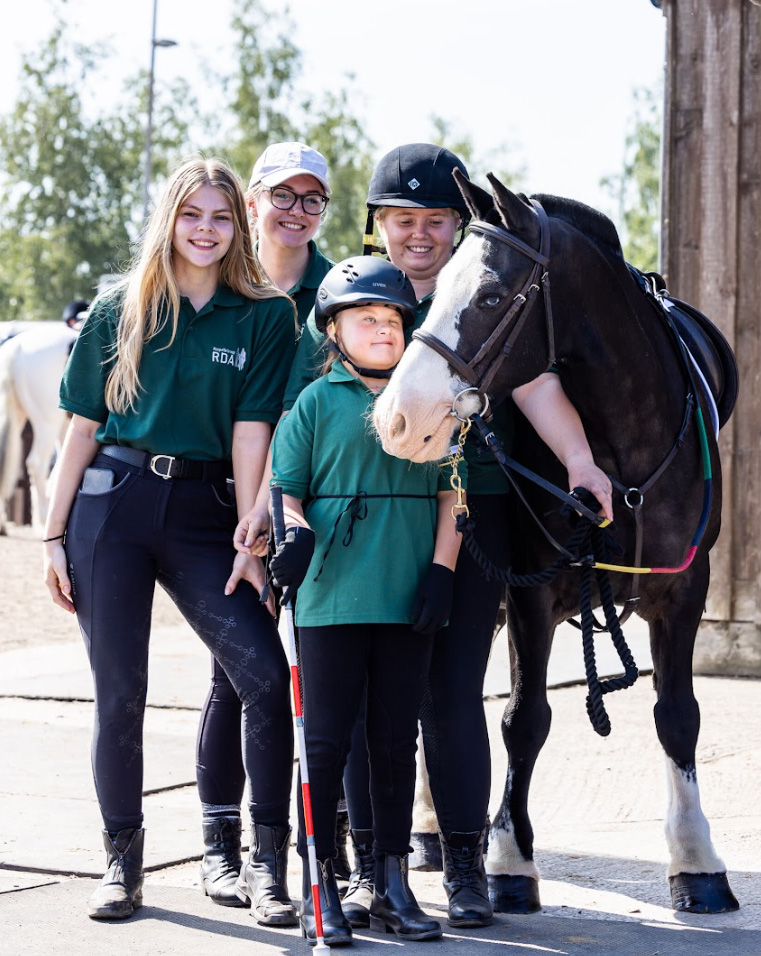Our story
RDA has been transforming lives through the power of horses for over 55 years. What began as a small group of pioneers recognising the therapeutic benefits of connecting people with horses has blossomed into a nationwide organisation. Today, we offer exceptional coaching and equine services, all while maintaining a strong focus on fun and community. Remarkably, we continue to be driven almost entirely by volunteers, remaining true to our roots while making a lasting impact on countless lives.

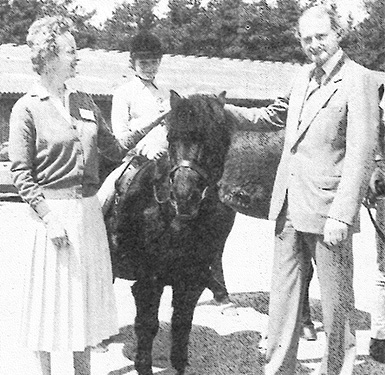
How it all began
After the Second World War, the therapeutic benefits of riding began to gain recognition, particularly for individuals with conditions such as muscular dystrophy and polio. The concept took hold, especially following the remarkable achievements of Danish rider Lis Hartel, who captured the world’s attention by winning silver medals in dressage at both the 1952 and 1956 Olympics—despite having no muscle function in her lower legs. Her inspiring story helped solidify the potential of equine therapy and its life-changing impact.
Lis’s success sparked a growing movement that soon spread to the UK. Early pioneers in the field included the Winford Orthopaedic Hospital near Bristol, the Pony Riding for the Disabled Trust in Chigwell, Essex, and the British Polio Fellowship. These organisations, among others, laid the foundation for what would become a nationwide initiative.
By the 1960s, the therapeutic benefits of riding for children and adults with disabilities were becoming increasingly recognised. In 1963, those involved began to meet and exchange ideas, and in 1964, a loose network called the ‘Advisory Council on Riding for the Disabled’ (ACRD) was formed.
By 1966, there were already 23 known disabled riding groups across the UK, each offering vital opportunities for individuals to experience the joy and therapeutic benefits of riding. The movement continued to grow, steadily gaining support and recognition.
In 1969, at the ACRD AGM, a revised constitution was presented to the Committee, marking the formal establishment of what would become the Riding for the Disabled Association (RDA). Our first President was Lavinia, Duchess of Norfolk, and Her Royal Highness, The Princess Anne, was appointed our Patron. In 1976, The Princess Anne graciously took on the role of President, a position she continues to hold to this day.
Early pioneers
Lis Hartel
Danish Olympian
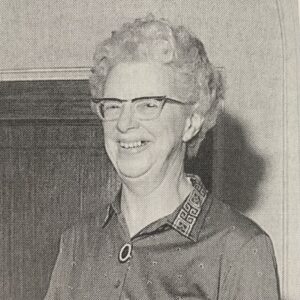
Elsebet Bodtker
Rider and Physiotherapist. Inspired by Hartel to provide pony rides to young patients
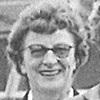
Stella Saywell
Stella Saywell – Brought Bodtker’s ideas to her work as a Physiotherapist at Winford Orthopaedic Hospital near Bristol
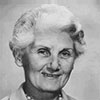
Mrs Jacques
Mrs Jacques – brought Bodtker’s ideas to the Pony Riding for the Disabled Trust in Chigwell, Essex
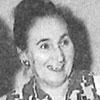
Norah Strang
Norah Strang – member of British Polio Fellowship who, in 1959, thought some of the children disabled by polio might benefit from riding (by 1977 her Tyne & Wear RDA Group had 500 riders each week)
Jane Wykeham-Musgrave
One of Great Britain’s top International riders during the 1960s, Field officer for ACRD and on the first committee of RDA.
Sheila Shaw
Inspired to bring the benefits of riding to those that needed it, Sheila pioneered riding for disabled people at Princess Margaret Hospital in Swindon, West Stowell House, Burton Hill House School and the Ponds Home
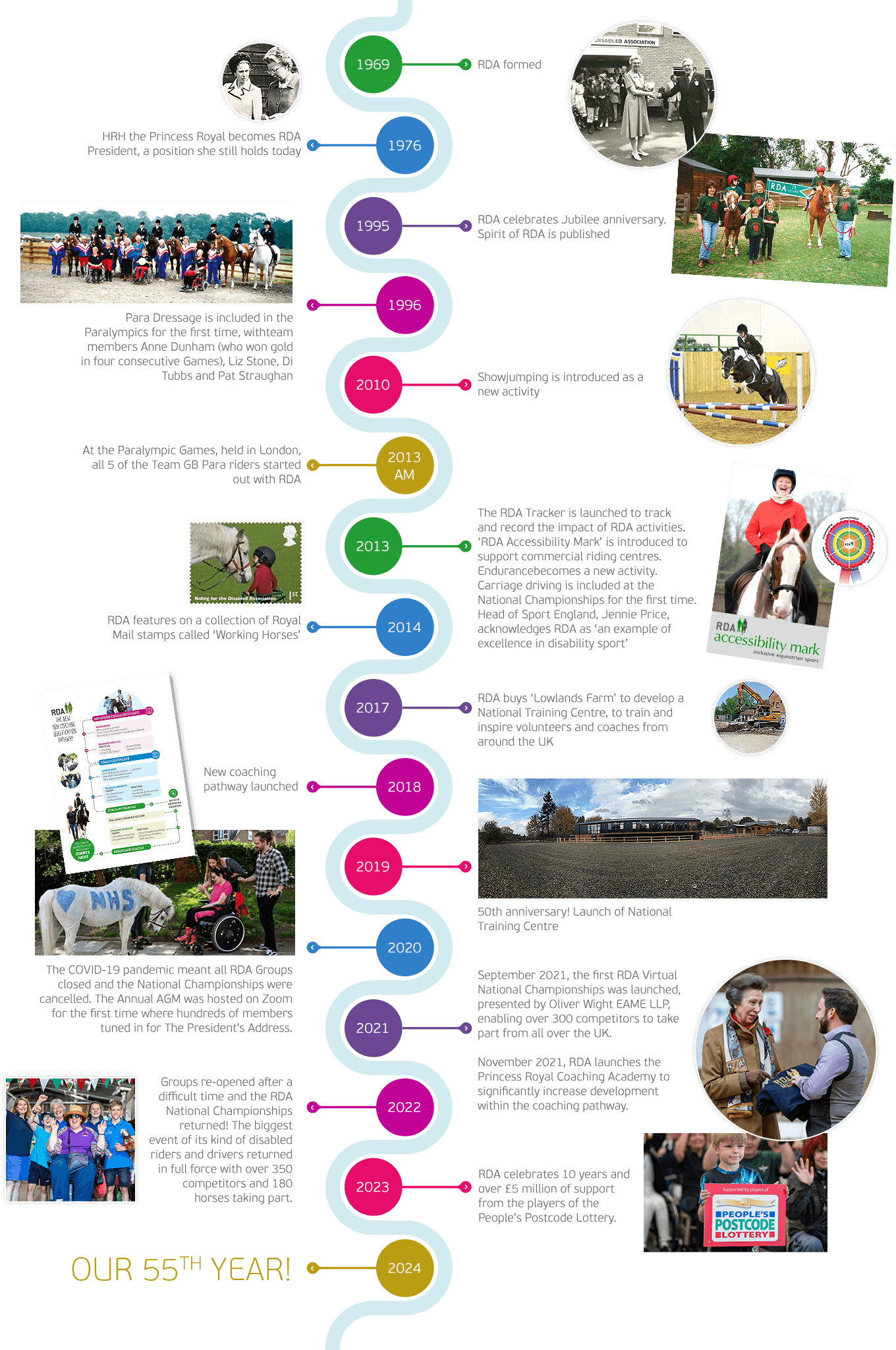

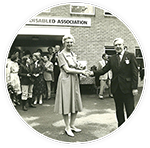
RDA formed

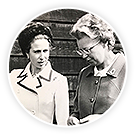
HRH the Princess Royal becomes RDA President, a position she still holds today

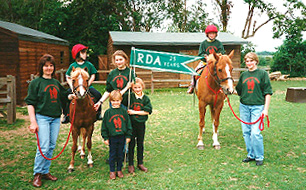
RDA celebrates Jubilee anniversary. Spirit of RDA is published

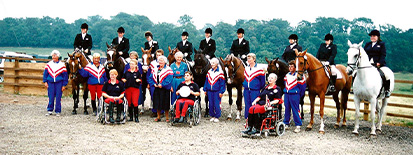
Para Dressage is included in the Paralympics for the first time, withteam members Anne Dunham (who won gold in four consecutive Games), Liz Stone, Di Tubbs and Pat Straughan

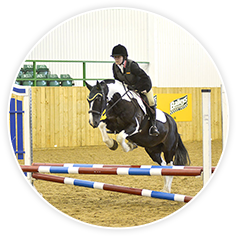
Showjumping is introduced as a new activity

At the Paralympic Games, held in London, all 5 of the Team GB Para riders started out with RDA

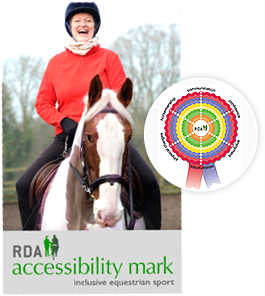
The RDA Tracker is launched to track and record the impact of RDA activities. ‘RDA Accessibility Mark’ is introduced to support commercial riding centres. Endurancebecomes a new activity. Carriage driving is included at the National Championships for the first time. Head of Sport England, Jennie Price, acknowledges RDA as ‘an example of excellence in disability sport’

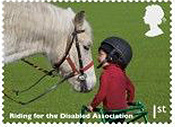
The RDA Tracker is launched to track and record the impact of RDA activities. ‘RDA Accessibility Mark’ is introduced to support commercial riding centres. Endurancebecomes a new activity. Carriage driving is included at the National Championships for the first time. Head of Sport England, Jennie Price, acknowledges RDA as ‘an example of excellence in disability sport’

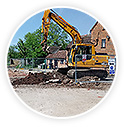
RDA buys ‘Lowlands Farm’ to develop a National Training Centre, to train and inspire volunteers and coaches from around the UK

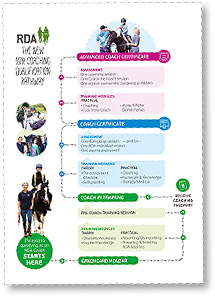
New coaching pathway launched

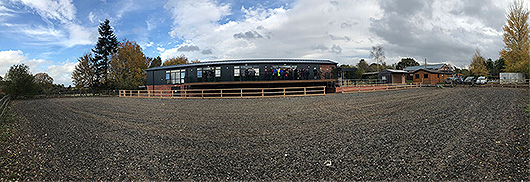
50th anniversary! Launch of National Training Centre
Discover our activities
From riding and carriage driving to equine-assisted programmes, we offer a range of experiences designed to boost confidence, mobility, and well-being for individuals of all abilities.
